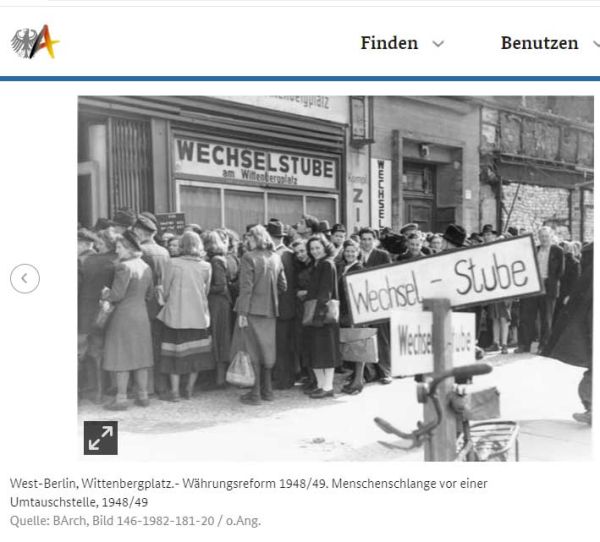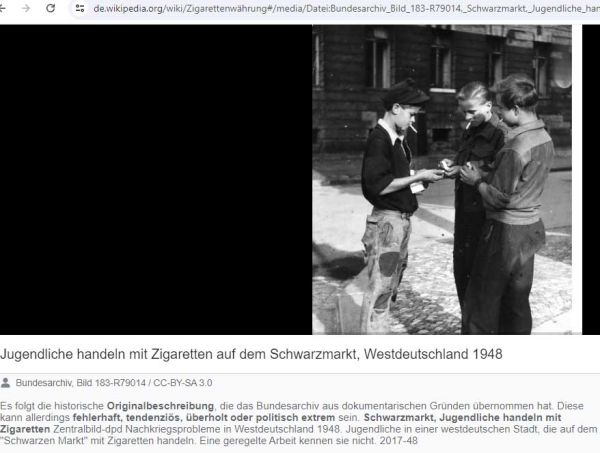The Art of Changing Currencies-2
The leitmotif for nearly everything that I write nowadays grows out of a conviction that the United States should divide into two or three new countries that exist independently of each other. The stress, paranoia, and stasis that result from trying to govern three such restive, oppositional constituencies shows up in places like social-media outlets. They suggest that there is not enough compromise in the World to satisfy the combatants. Only a division into independent nations will resolve the core issues.
This sort of thing happens all the time in the business-world. The term that business-people use--a "spin-off"--describes a situation where one or two departments of a business far outpace the others, leading to the conclusion that they will function most profitably if the bosses spin them off and give them more independence. The business-world works from the assumption that independence often works better than subordination to someone else's leadership.
Nations don't generally work on that basis. A nation usually encompasses people from a spectrum of educational backgrounds that tend to cling to authority, rather than venture out on their own. They resent their subordination to the "bosses" and express resentment and paranoia about the bosses' leadership, but lack the ego-strength, an adventurous spirit, or an ambition to actually step away from the bosses.
So "new" nations, new constitutions, and new currencies grow out of the actions of other nations who simply decree the changes, without the consent of the governed, so to speak. Such a thing happened in Germany after World War II. Since the old "Reichsmark" of the Nazi-era had lost credibility, Germans relied on a cigarette-currency to purchase things. My readers will find an article about Germany's Cigarette Currency on Wikipedia. Concentration-camp inmates and Allied POWs relied on cigarettes to purchase things from the black-market. The practice found its way into the wider society.
So the Allies put their brains together and decided on a new currency, the Deutsche Mark. The American Banknote Company at 70 Broad Street in New York City printed up the first generation of D-Mark currency, packed them in crates, and shipped them to Germany, guarded by GIs. "Ehrliches Geld für ein ehrliches Volk," said one observer: honorable currency for an honorable people. Until its incorporation into the Euro, the D-Mark was the most successful currency in the World.
How could Karl Marx or other leftist thinkers ever believe that an organized, freedom-loving people would ever choose a Marxist "moneyless" society, over one that provides the ability or freedom to offer a consideration for purchases? Do you want to spend all your time bartering over discrete consumer-goods like washing-machines and collard greens? German cigarette-boys even tried to calculate cigarettes' fixed-values to hasten transactions and escape police-harassment.
Americans like to think they are different, that they can make the necessary changes on their own strength. Given the oppositional forces at work in American society, I doubt it could equal the Allies' reorganization of Germany. The Allies reorganized West Germany into a freedom-loving republic to enable an active, independent, industrial culture.
But how odd that the Allies' disinterested participation gave the Germans a better ground-work than they ever could have achieved on their own. I wish that another nation could do that for the United States, but I can't think of one that I trust enough for that kind of a task.


